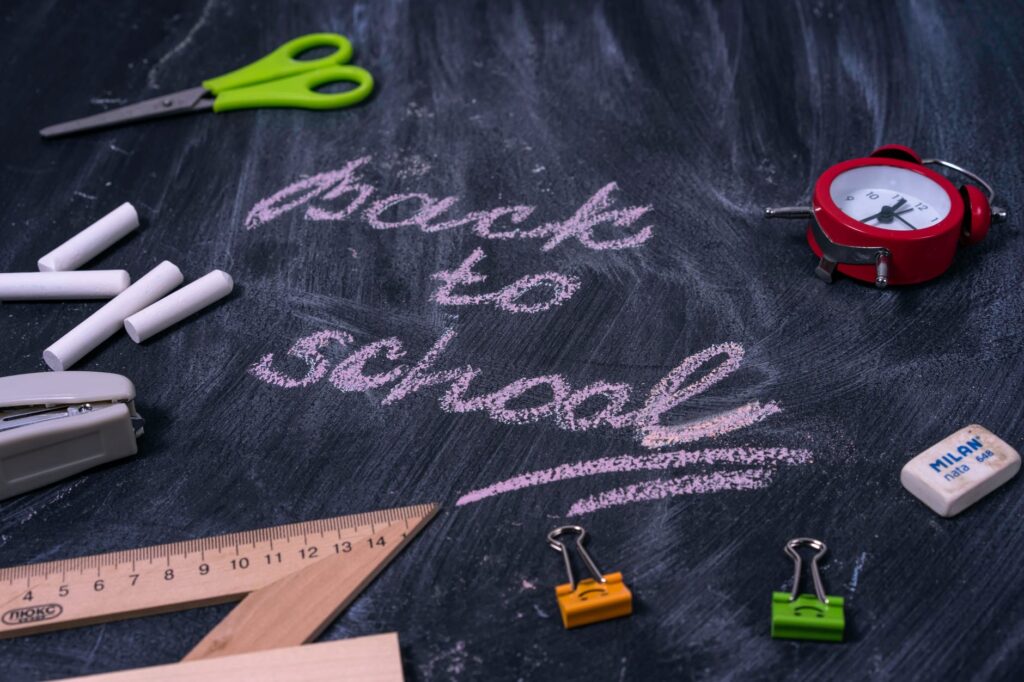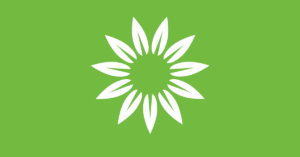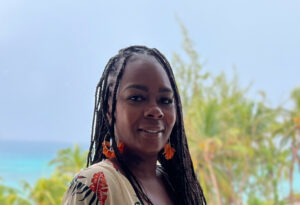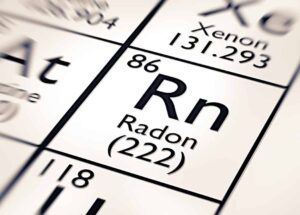Written by Samantha Barrionuevo, MPH Candidate at Slippery Rock University
It’s that time of year again! Back to school shopping is right around the corner. Many school supplies contain toxic ingredients that are bad for your health and the Earth. Some of these dangerous chemicals and heavy metals lurking in school supplies include PVC/vinyl, phthalates, lead and cadmium. These have be linked to asthma, learning disabilities, diabetes, and other chronic health problems. Children are especially at risk because their bodies are still maturing. Opting for “greener” back to school supplies not only saves the environment and your health, but can save money too. These tips can help you, as a parent, teacher, or student, choose non-toxic and eco-friendly school supplies for a healthier, safer school year.
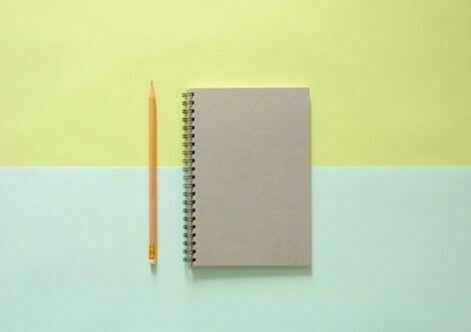
What to watch out for in the backpack:
The Backpacks: Avoid PVC plastic! Before purchasing a backpack, look for materials made from cotton or hemp, or nylon and polyester (recycled material is great!). The backpacks with shiny plastic designs often contain PVC, phthalates, or lead! Check out these safe backpacks: (For older kids) Adidas Originals National SST Recycled Backpack and (For younger kids) Skullcandy and Skip Hop. These companies sell only PVC-free backpacks.
Pencils: With pencils, boring is better. Use plain wooden pencils and skip the colored pencils with paint or gloss. However, if you look there are some neat, recycled pencils out there! Chavi Eco brand makes some with cool designs.
Notebooks/Paper: Avoid notebooks with plastic coating, or with plastic covering the metal spirals. These usually contain PVC.
3 Ring Binders: Use recycled cardboard, fabric-covered, or polypropylene binders. Once again, avoid PVC (pass on the 3 ring binders with a plastic cover).
Crayons: Some crayons can contain asbestos, a known carcinogen. These are usually the cheap ones found at Dollar Tree or similar places. It is not worth the dollar or two saved! Beeswax and soy crayons are safer alternatives.
Pencil Cases: Avoid the plastic cases and instead buy a recycled pencil pouch. You can find many of these fun designs online.
Laptop Sleeve: For the kiddos carrying a laptop this year, consider checking out some cool eco-friendly laptop cases. Look for vegan, recycled or natural fiber options! Copola is an online brand that crafts some nice earth-friendly laptop sleeves. Top Case is another brand on the more affordable side, for a recycled, zero-waste option.

Prepping a healthier & safer lunch:
Lunch Boxes: Many lunchboxes are made or coated with PVC plastic. Use durable lunch boxes/bags labeled PVC-free, and avoid any made with #3, #6, and #7 plastic. Materials such as cotton, bamboo, stainless steel, and polyethylene can be great choices. Wildkin has lunch boxes that are BPA and PVC free, with lots of cool designs for the kiddos! L. L. Bean lunchboxes are also PVC-free.
Food Containers: Re-usable snack containers or pouches are more resourceful and eco-friendlier than single-use plastic baggies or saran wrap. Over time, this saves money and helps the environment! Beeswax wraps, silicone and compostable bags are better options.
Water Bottles: Nix the single use plastic water bottles and invest in a BPA/BPS-free aluminum or stainless steel re-usable bottle. This is a longer-lasting, money-saving option. Re-usable water bottles with Polycarbonate (PC) will contain BPA, which can affect brain development and behavior in children.
Nutrition: Pack more fresh fruits and vegetables full of nutrients for brain power and less sugary pre-packaged snacks.

Purchasing tips for classroom supplies:
Paint: Use water-based paint instead of oil-based. Oil-based can contain methyl alcohol and toluene. Paints made from fruit and vegetable pigments are a much healthier choice than those made from toxic metals such as cadmium, arsenic and lead (which can sometimes contain formaldehyde!)
Markers: Scented markers contain solvents and fragrances, so opt for fragrance-free. Water-based markers are best!
Pens: Pens made from recycled plastic are a better option than regular pens. Believe it or not there are some other eco-friendly options on the market such as biodegradable corn pens, recycled paper pens, and recycled newspaper pens.
Erasers: Look for natural rubber erasers labeled “PVC-free or phthalate-free.” Please tell your children and students to not chew on the pencil eraser as tempting as it is!
Hand Sanitizers: Use fragrance-free and triclosan-free sanitizers.
Dry Erase Markers: These markers can contain BTEX (benzene, toluene, ethylbenzene, and xylene), among other toxic chemicals. If possible, search for non-toxic alternatives such as Modern Twist brand, which claim to be free of BPAs, lead, PVCs, latex, and phthalates.
Paper Clips: Skip the pretty colored paper clips – they are usually coated with PVC! Opt for the plain metal clips.
As you can see, many school supplies contain PVC and it’s a big one to watch out for when school shopping. But, how do you know that you are buying products with PVC? Look for the universal recycling symbol on the packaging. If it has the letter “v” or PVC underneath it, or the number “3” inside the symbol, then the product is made of PVC.
Sometimes PVC will be labeled as “vinyl.” Oh, and those fun shiny backpacks usually mean PVC!

